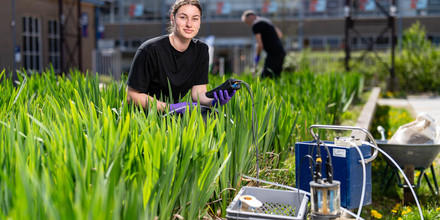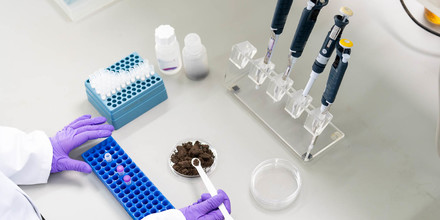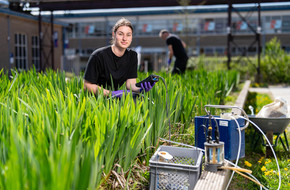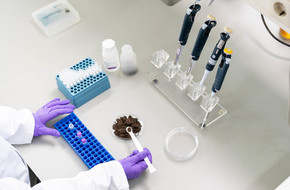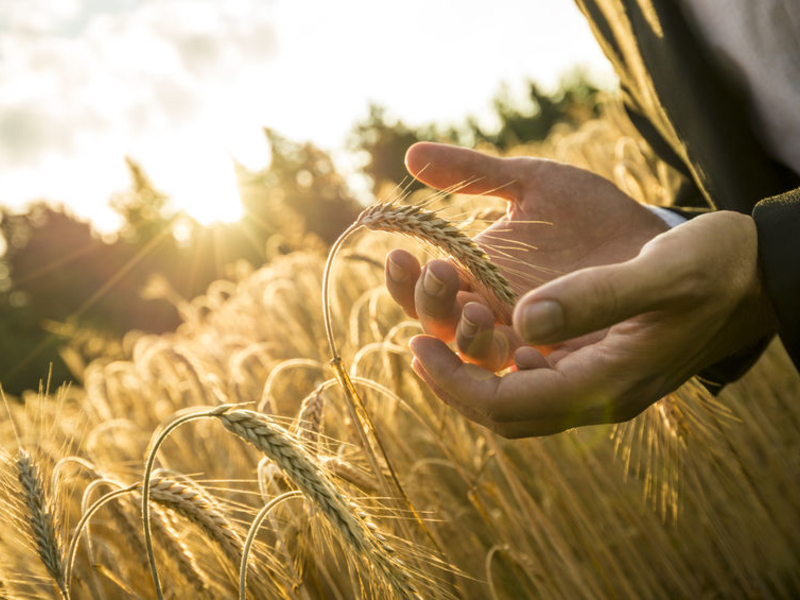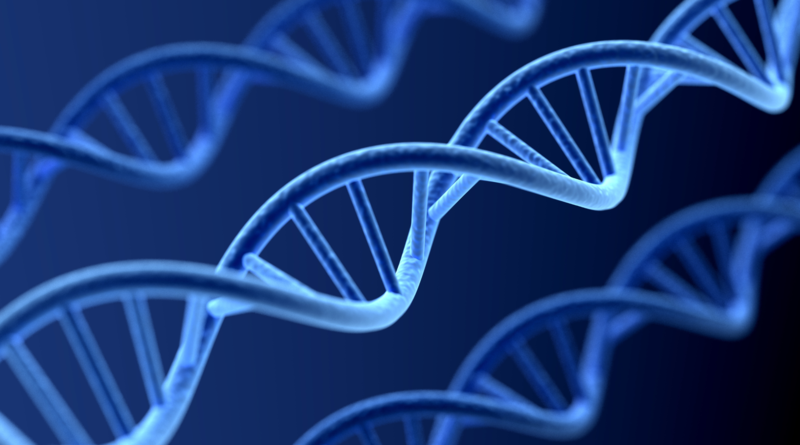Soil Health
The invisible power beneath our feet
Much of what we take for granted in our daily lives is based on the soil. Soil is the foundation of human civilization, sustaining every aspect of our lives. It provides our food, drinking water, and raw materials, while naturally filtering pollutants and supporting our buildings and infrastructure. These vital functions are known as ecosystem services. Read more about ecosystem services.
In short, soil is a precious asset and therefore knowledge of soil is essential whether in agricultural management, nature management or managing our living environment in villages and cities.


